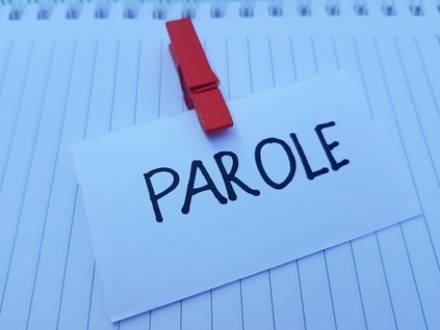How Does the Parole Process Work?
 Parole is the supervised early release of an incarcerated person from prison. It allows convicted offenders to serve out the rest of their sentences while integrating back into society. An inmate who is granted parole must abide by a strict set of conditions or risk having the parole revoked.
Parole is the supervised early release of an incarcerated person from prison. It allows convicted offenders to serve out the rest of their sentences while integrating back into society. An inmate who is granted parole must abide by a strict set of conditions or risk having the parole revoked.
Not all offenders are granted parole. Those who are serving a life sentence, have been sentenced to death, or have committed specific crimes are not eligible for parole.
Texas law takes the view that parole is a privilege, not a right. Therefore, the Texas Board of Pardons and Paroles is discretionary when it comes to granting parole. Before deciding whether to release an offender, a special parole panel will review a host of factors. Being represented by an experienced Texas parole attorney is a great way to help swing the decision in your favor.
The Review Date
After an offender is incarcerated, he or she will be assigned a parole eligibility review date. This is the date on which a parole panel will vote on whether the inmate should be granted parole. The date can change based on the offender’s behavior in prison. For example, an inmate who exhibits good conduct and demonstrates self-improvement may be eligible to have the review date moved up for "good time."
What Is Included in the Review?
A few months before the review date, an institutional parole officer (IPO) will interview you and gather documentation related to your offense and your time in prison. The IPO will prepare a case summary which will include:
- The details of your offense
- Your physical and mental health conditions
- Any prior criminal behavior
- Any history of substance abuse
- Military service
- Employment history
- Job skills
- Gang affiliations
- Participation in prison programs
The case summary will be reviewed by a three-member parole panel consisting of at least one Parole Board member and any combination of Parole Commissioners and Parole Board members. Parole will be granted or denied based on a majority vote.
How Does the Panel Decide Whether to Grant Parole?
The parole panel will decide whether or not to grant parole based on several factors, such as:
- The seriousness of the offense
- Sentence length and amount of time served
- Criminal history
- Age
- Other elements
- Letters of support or opposition
The parole panel may interview people related to the case, such as the victim or the victim’s family, but rarely interviews the offender.
How Can an Attorney Help?
The panel’s decision is largely based on information and documents from law enforcement, courts, and the correctional facility. An attorney can help correct any mistakes or inaccurate information in your review packet and submit positive evidence that may support your release to parole.
Contact a Dallas, TX Parole Attorney
You are not required to be represented by an attorney if you are up for parole, but it is a major advantage. At Pullan & Young, we know the ins and outs of the parole process and our experienced attorneys understand how to present our clients in the most positive and convincing light possible. Call 936-647-1540 to schedule a free consultation with a skilled Houston, TX parole lawyer today.







